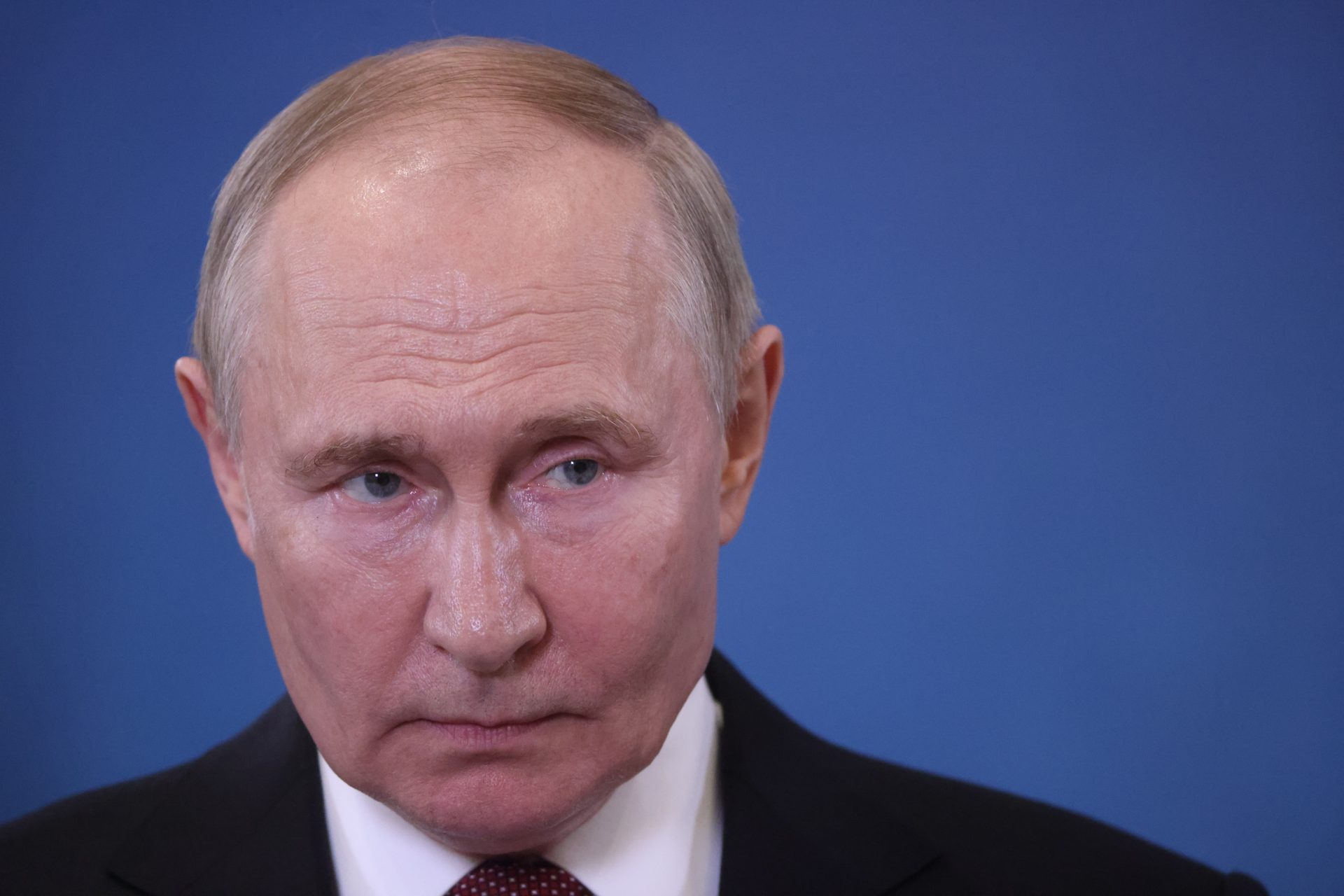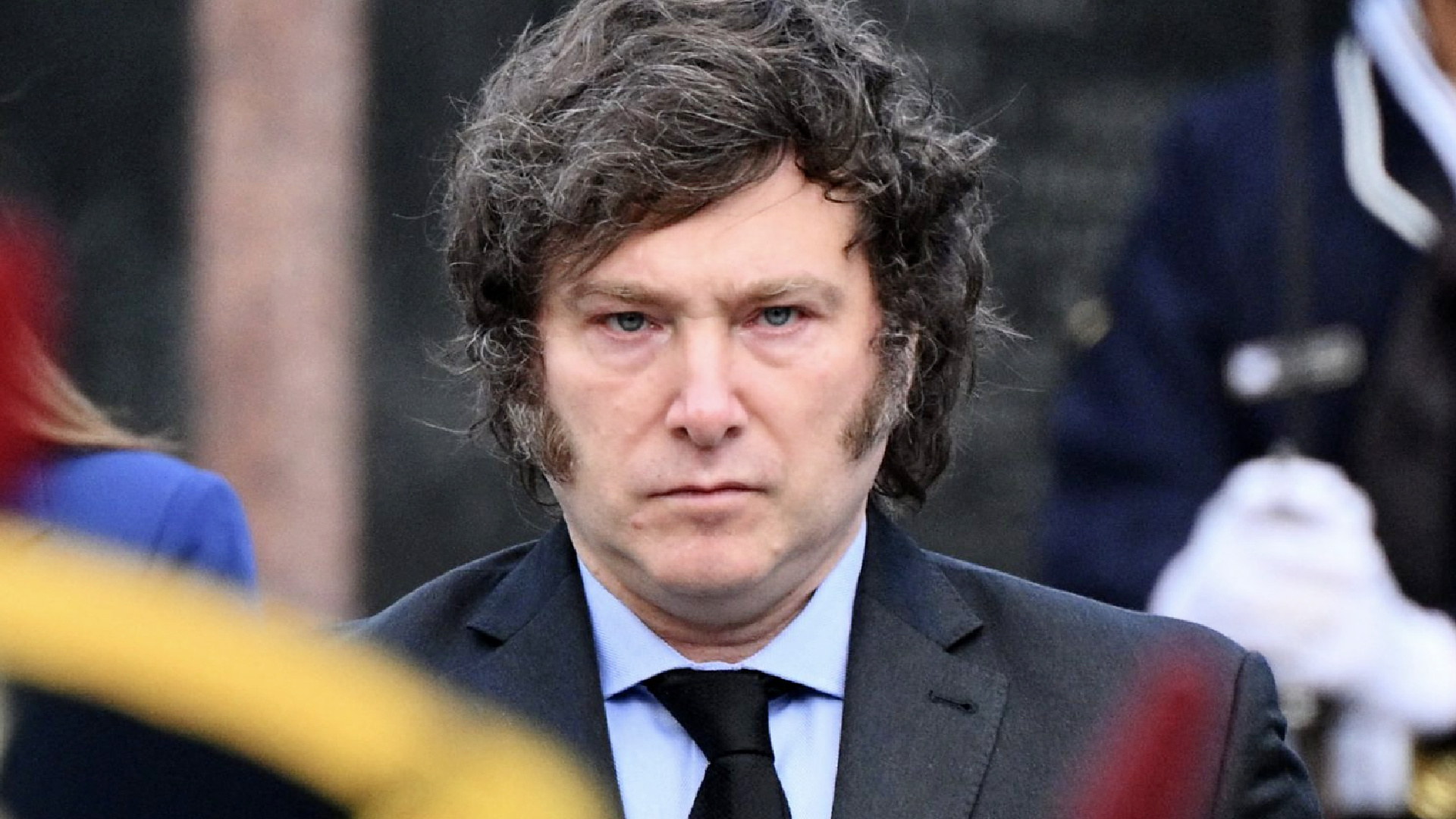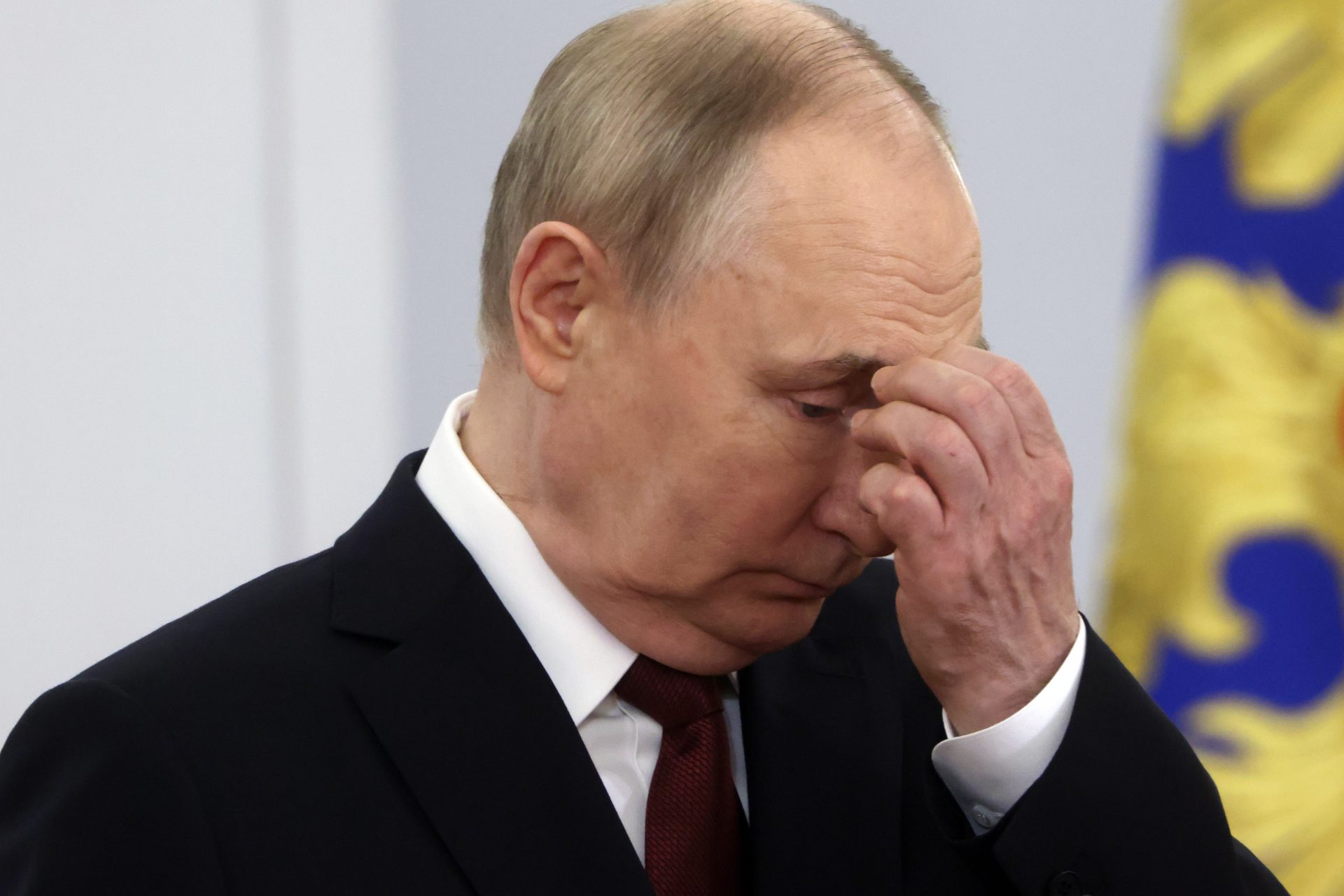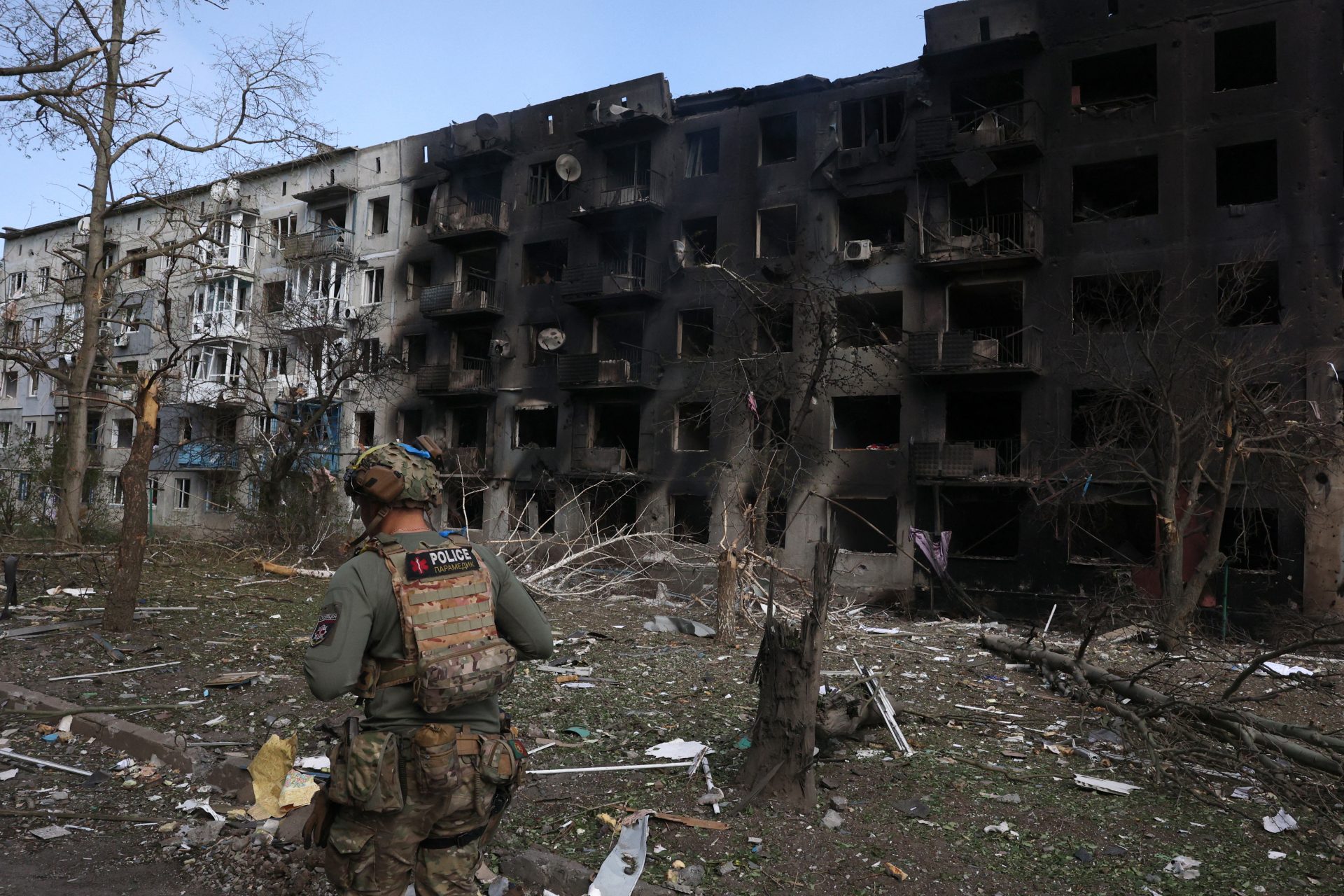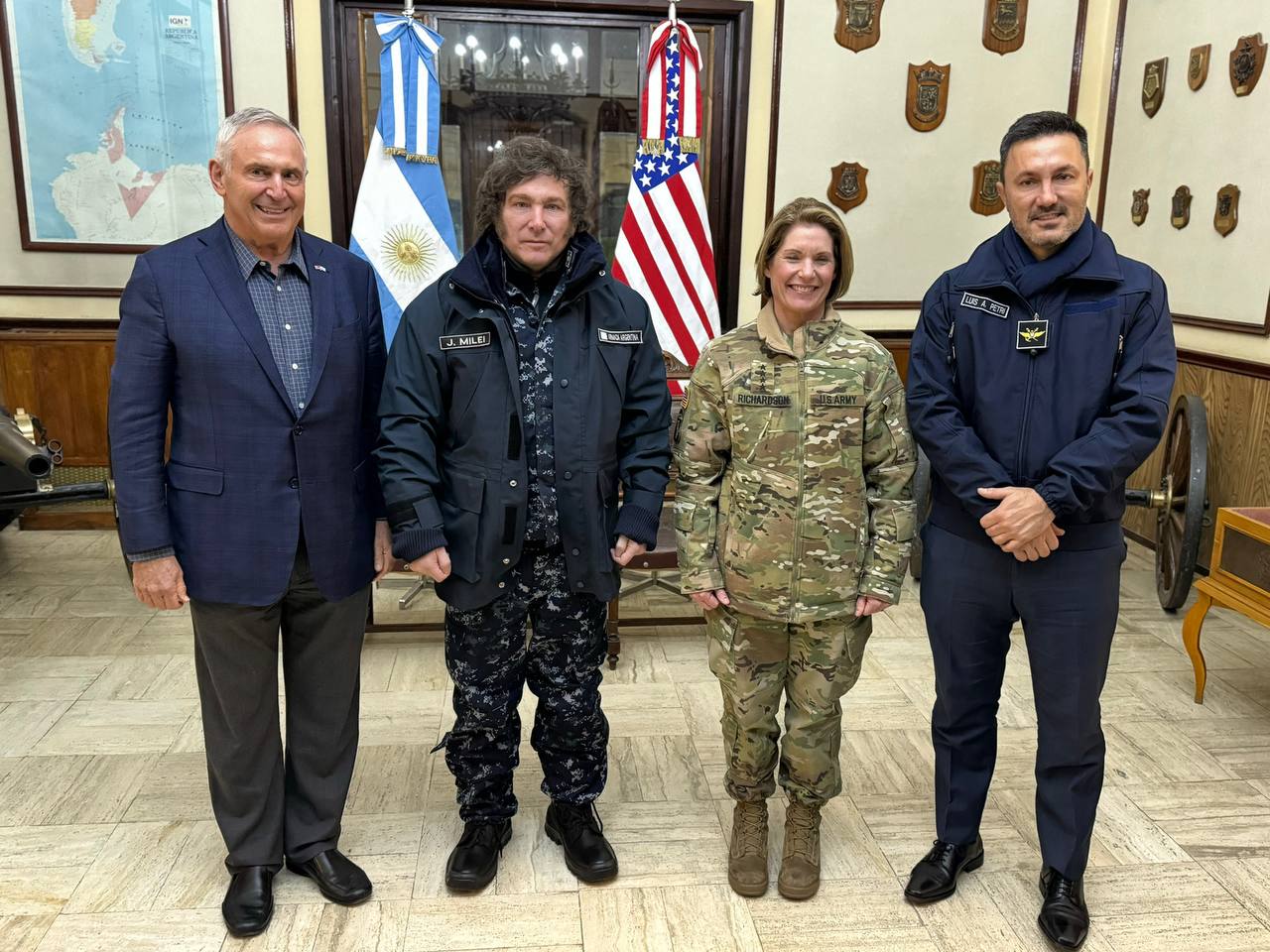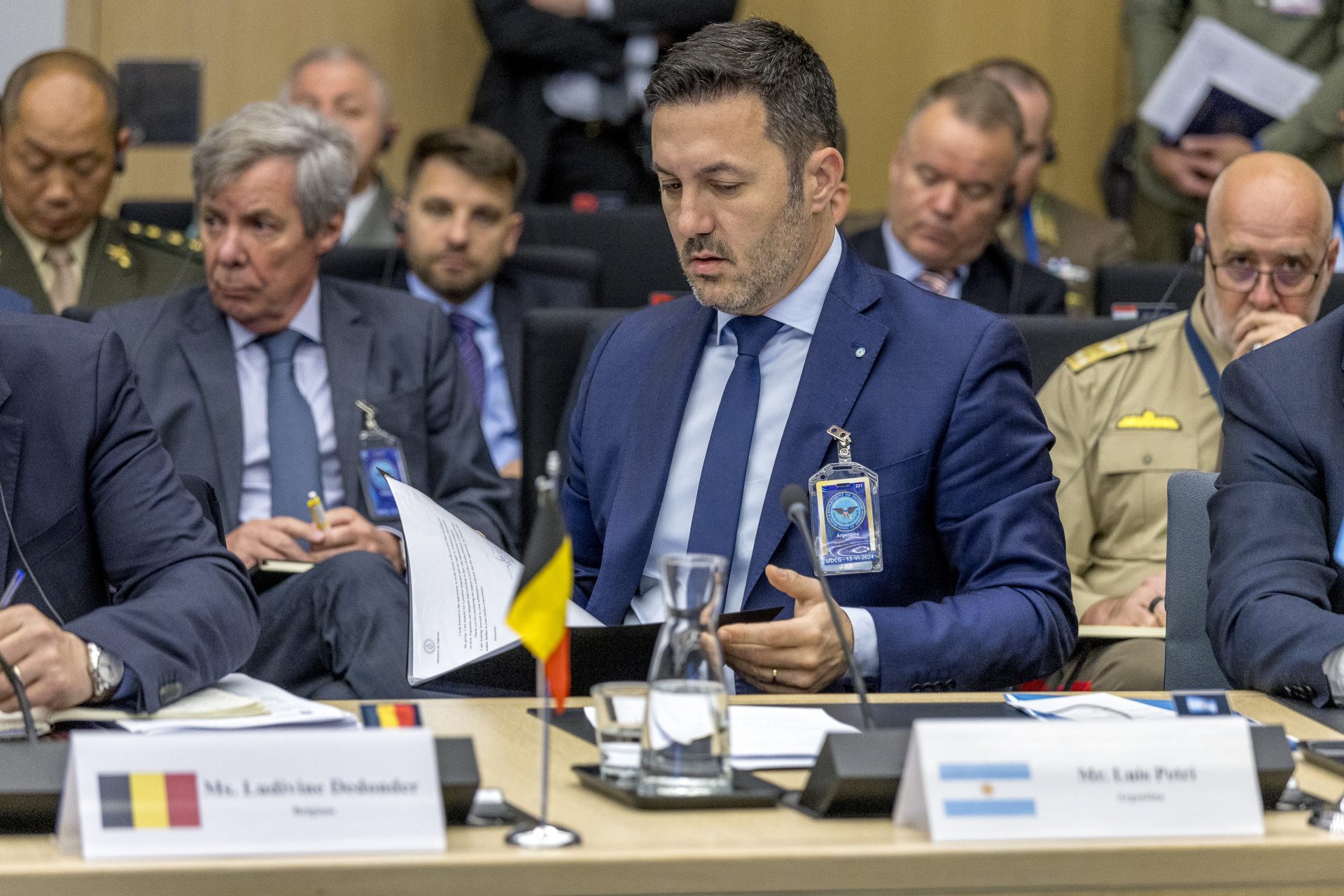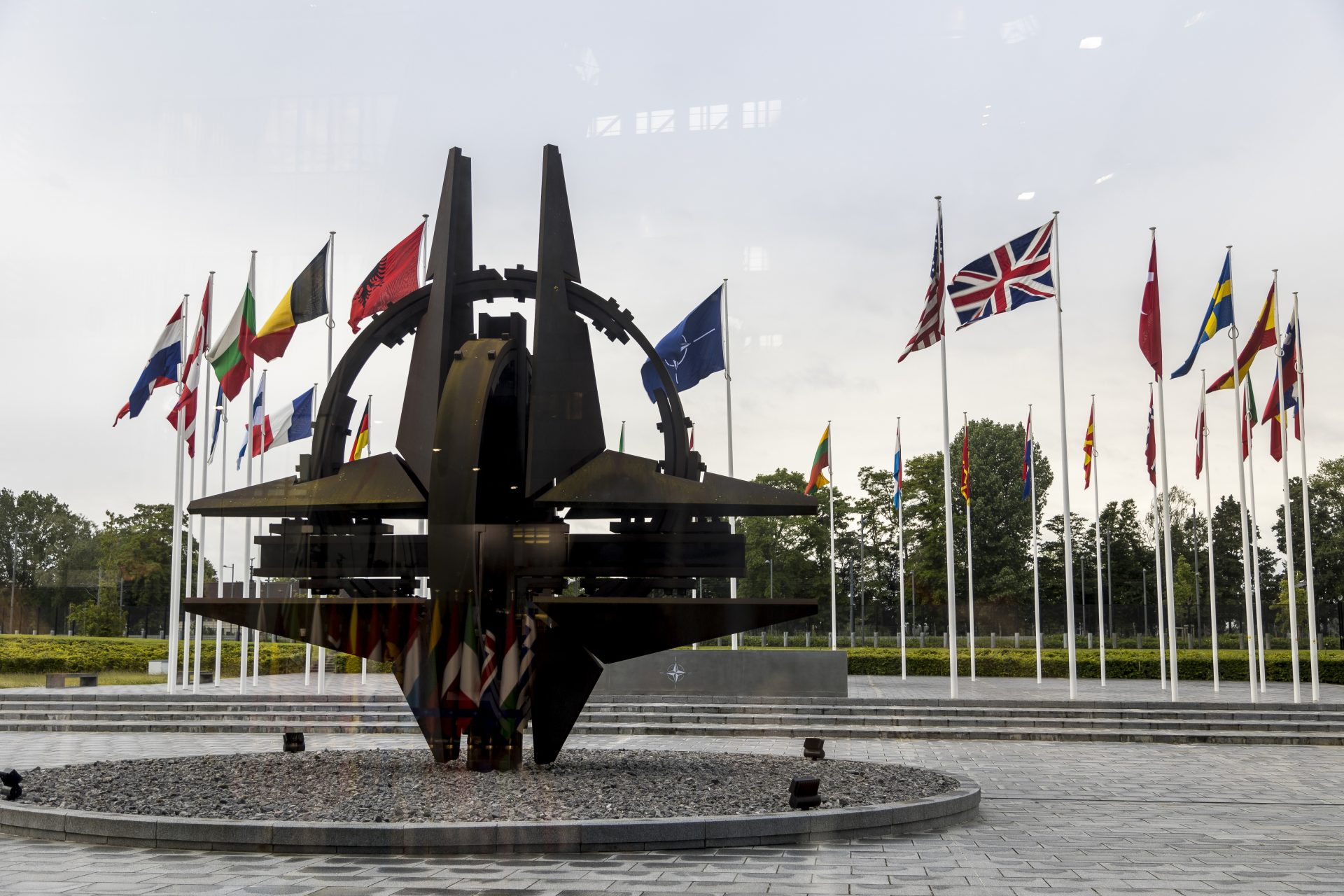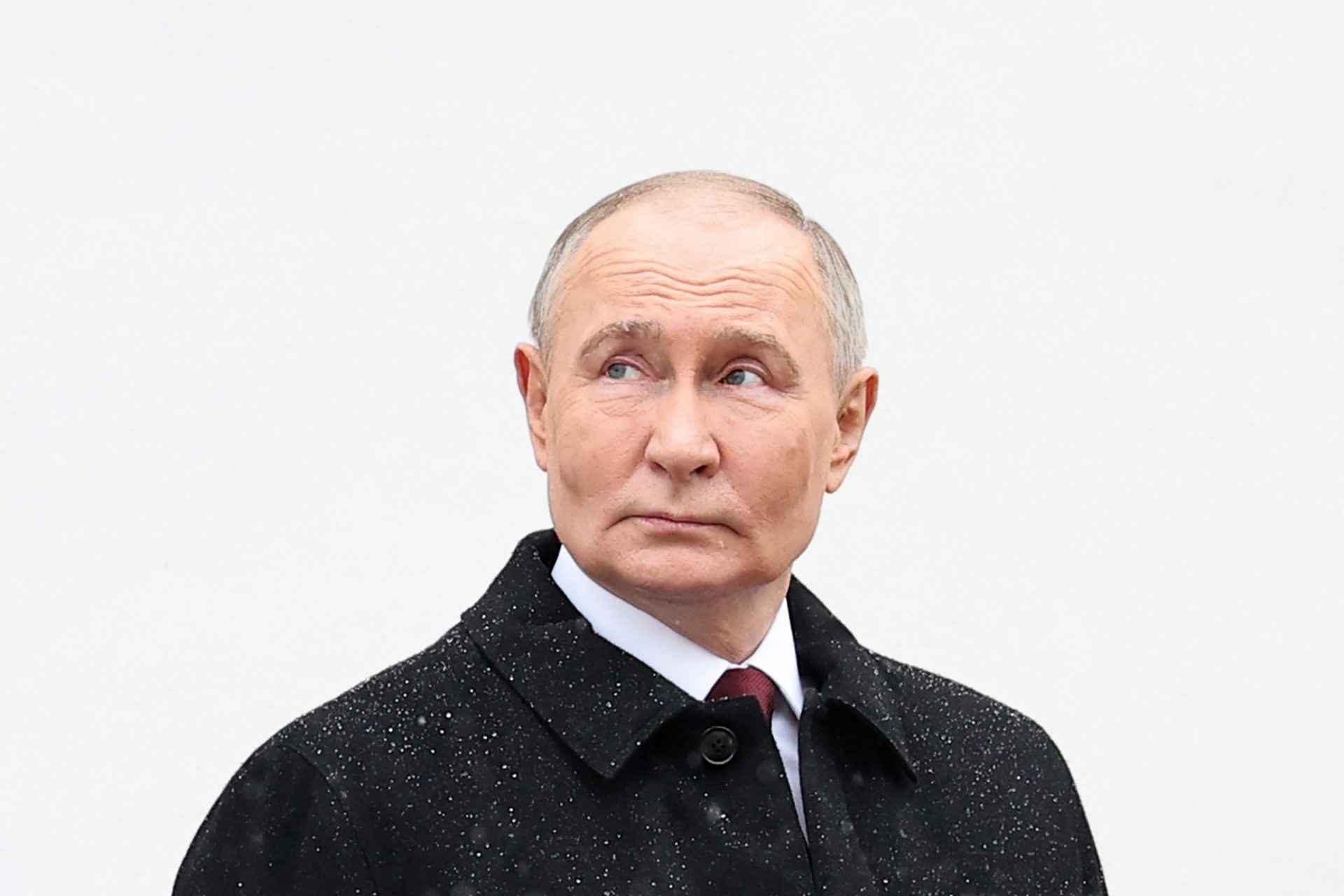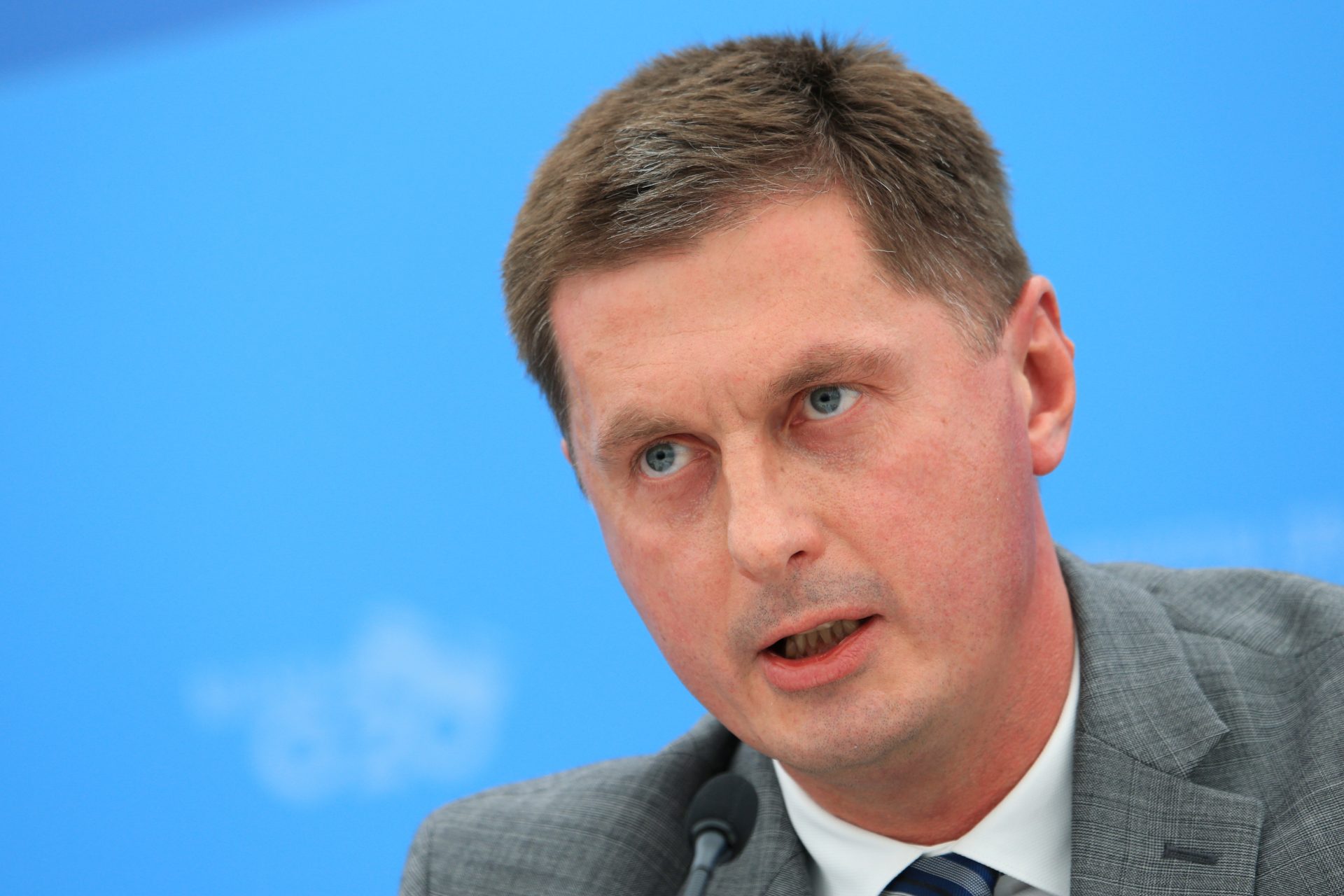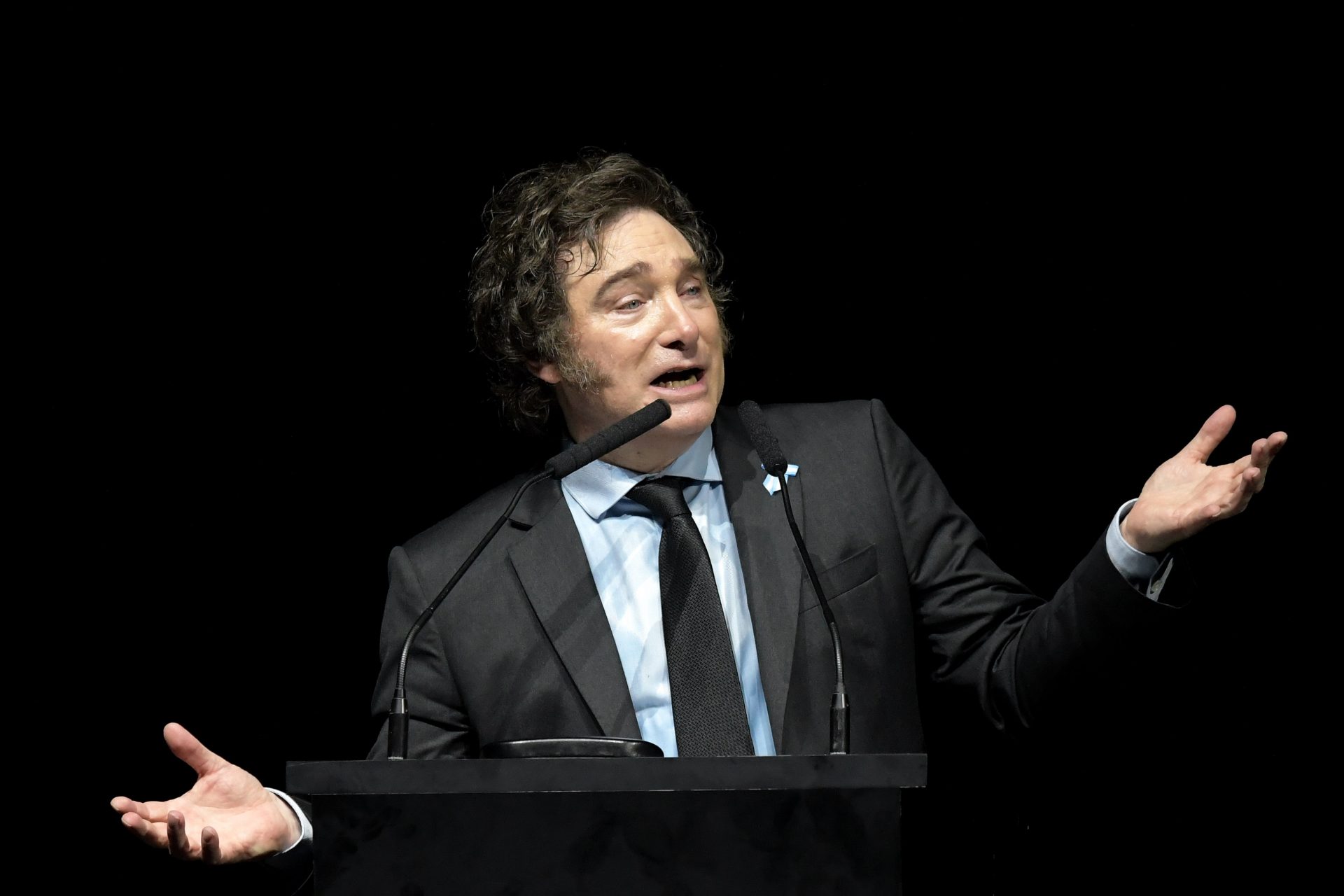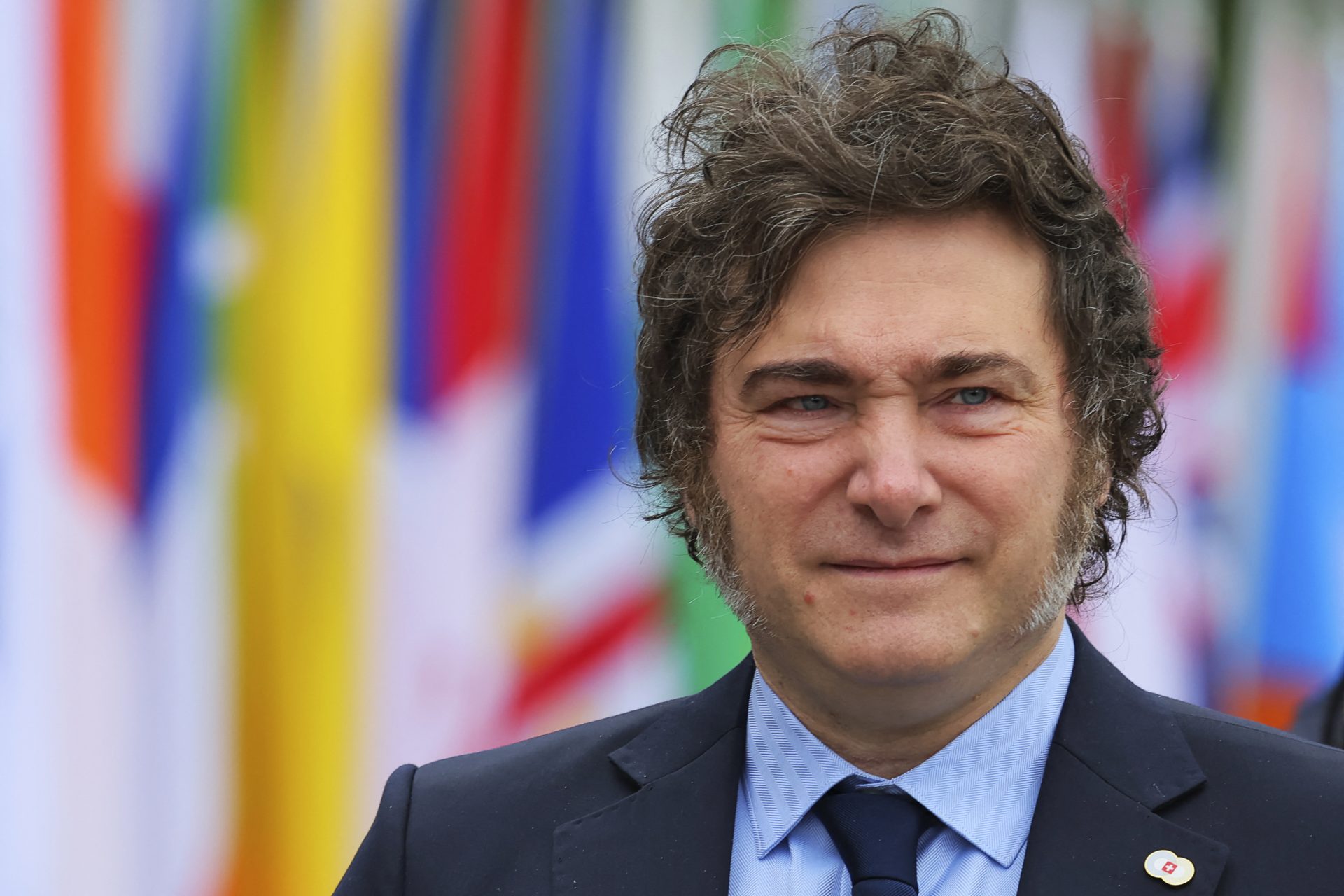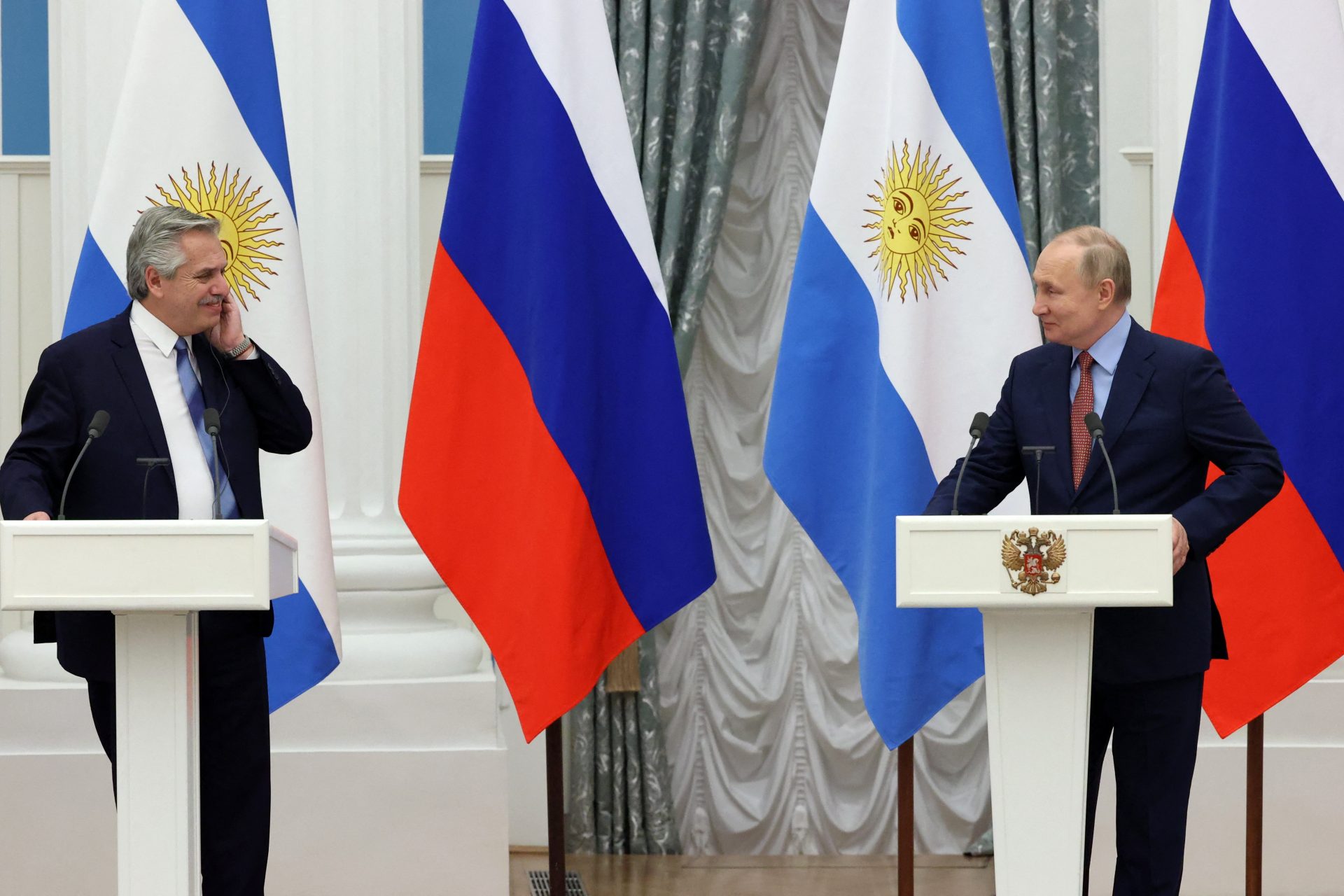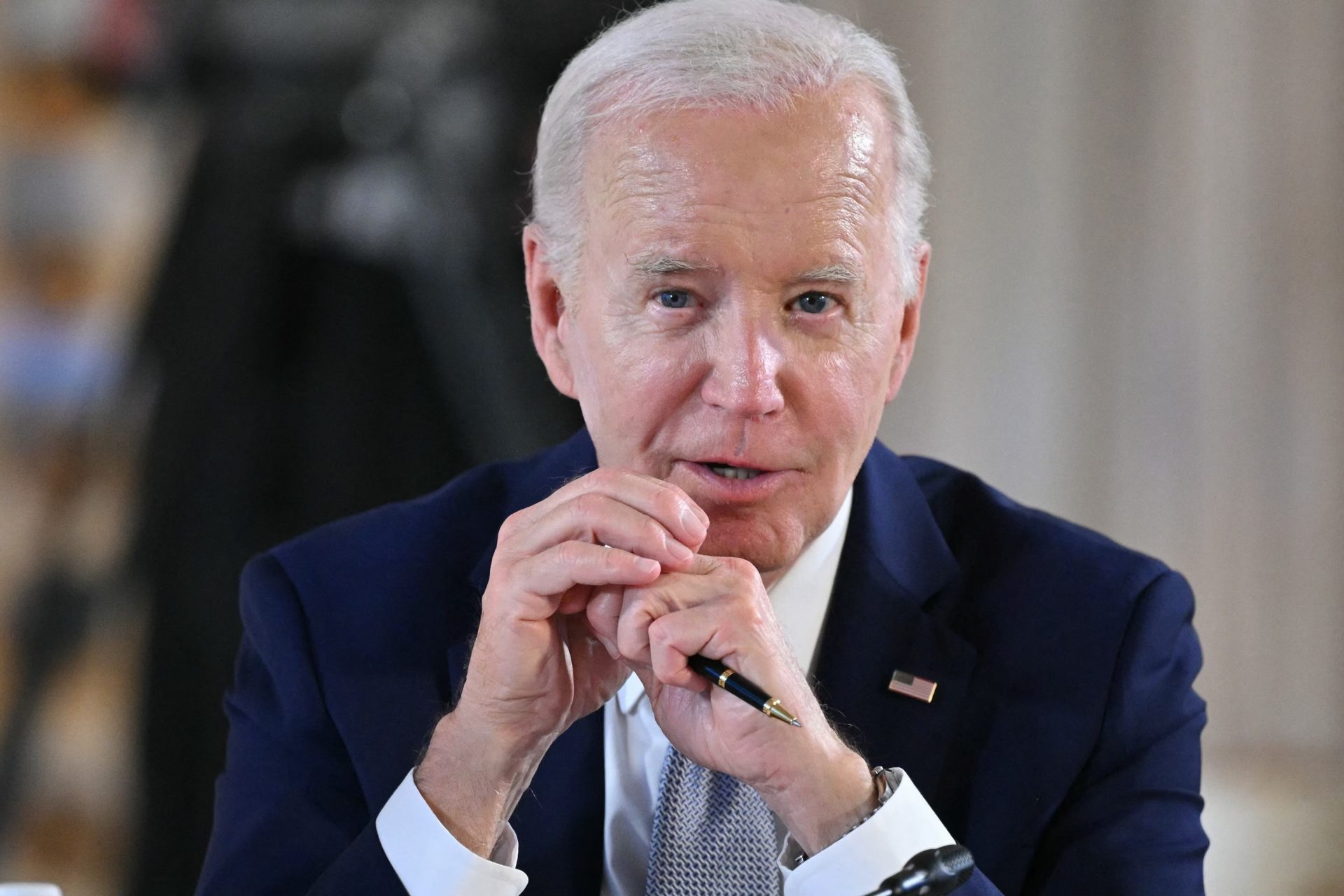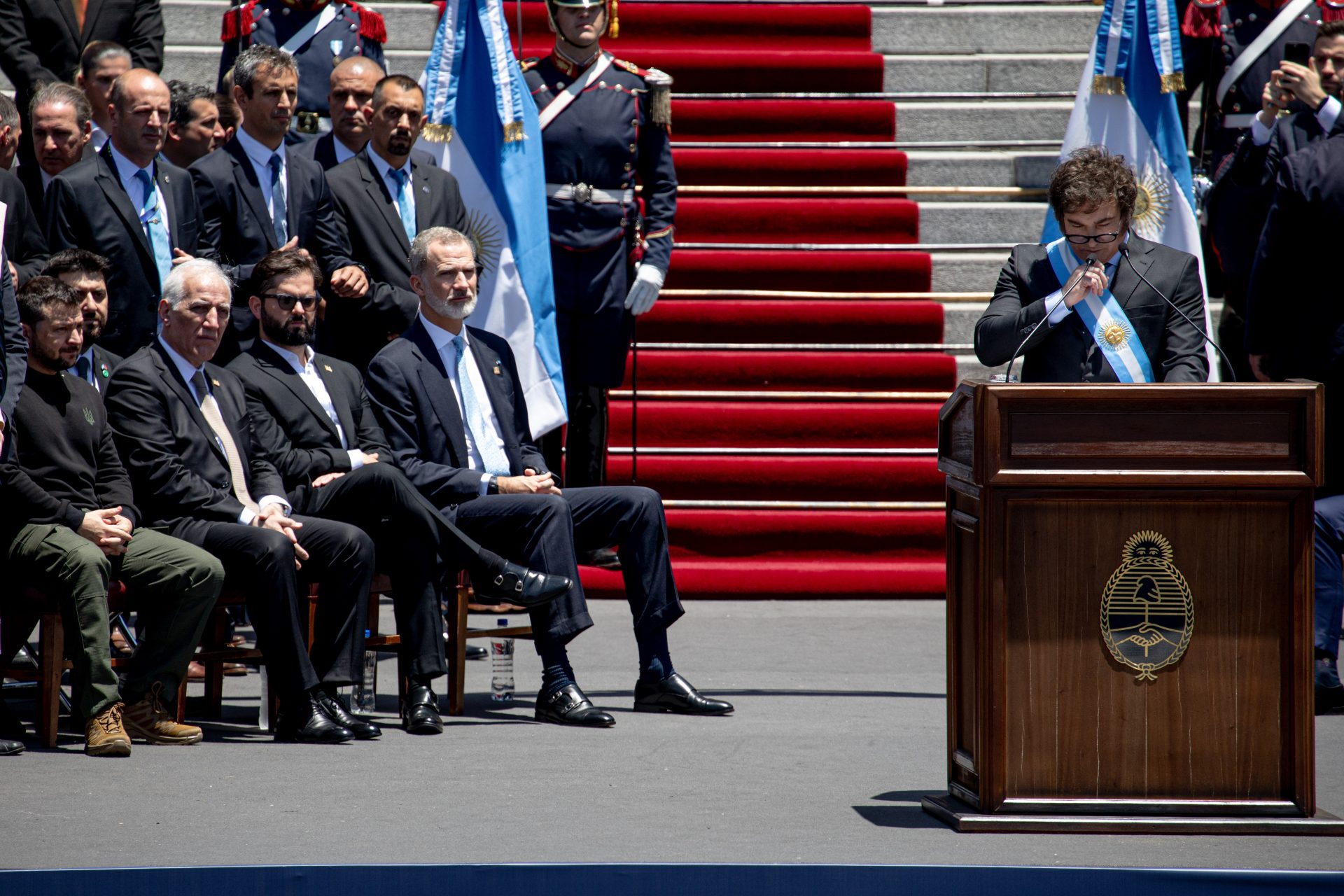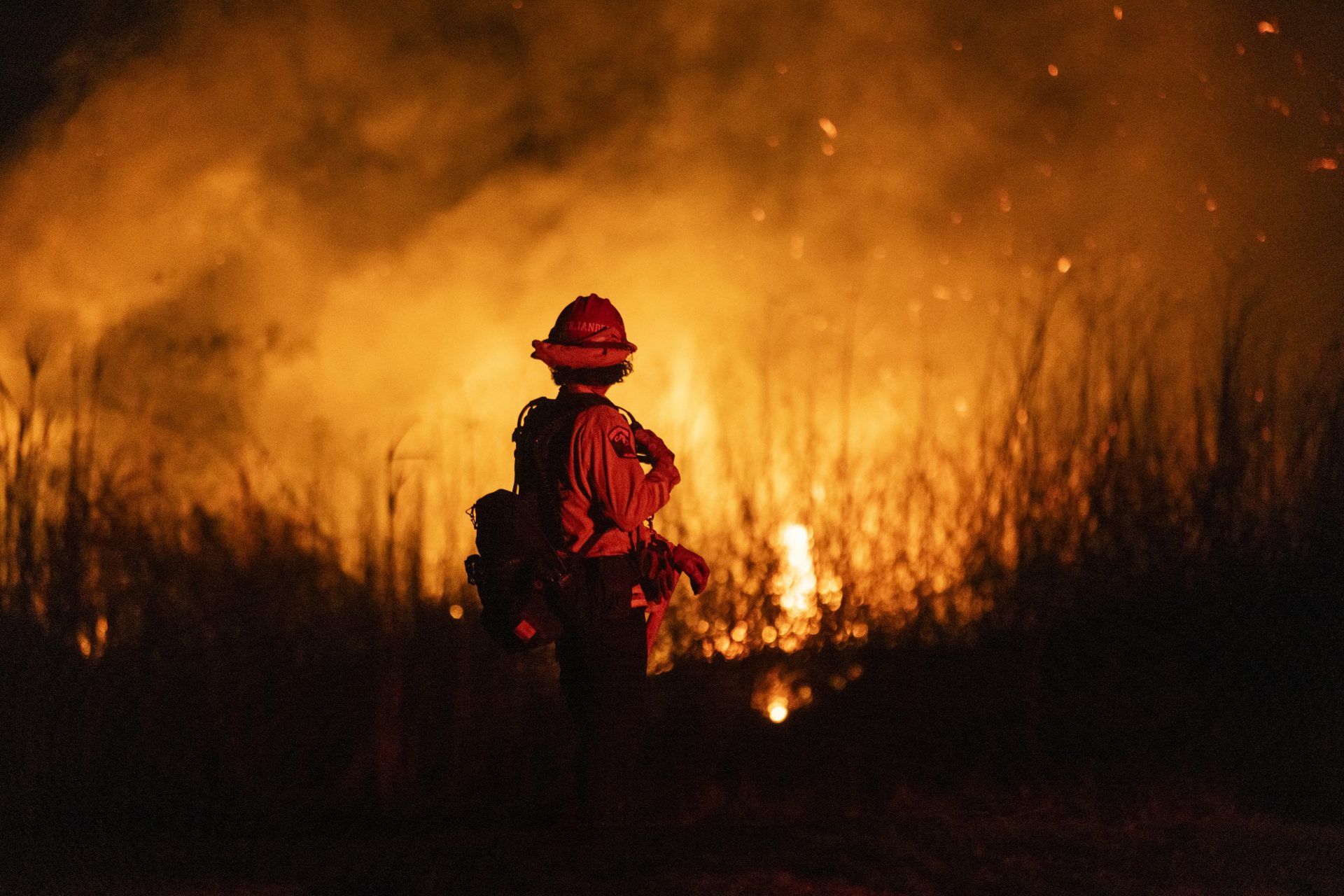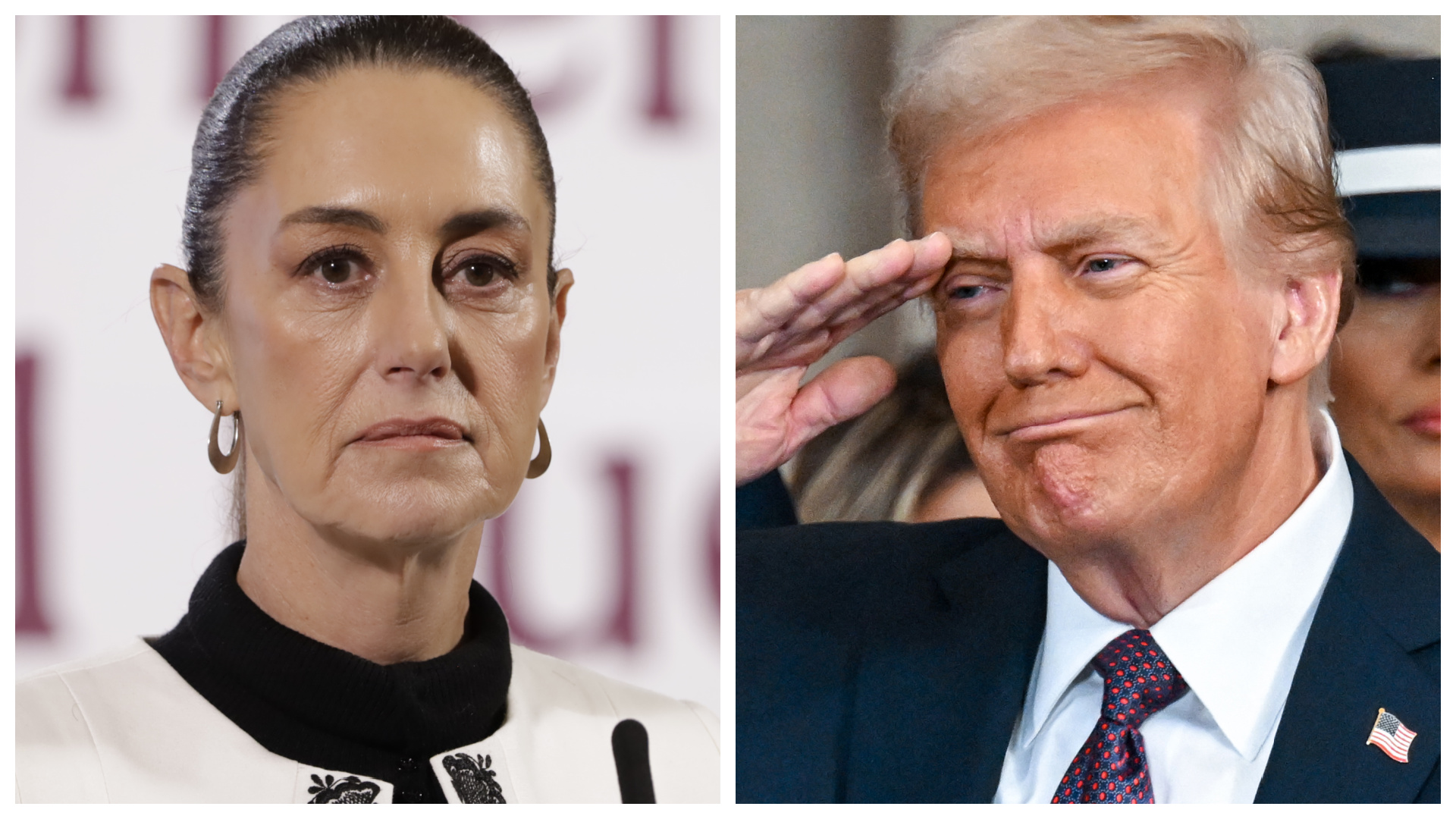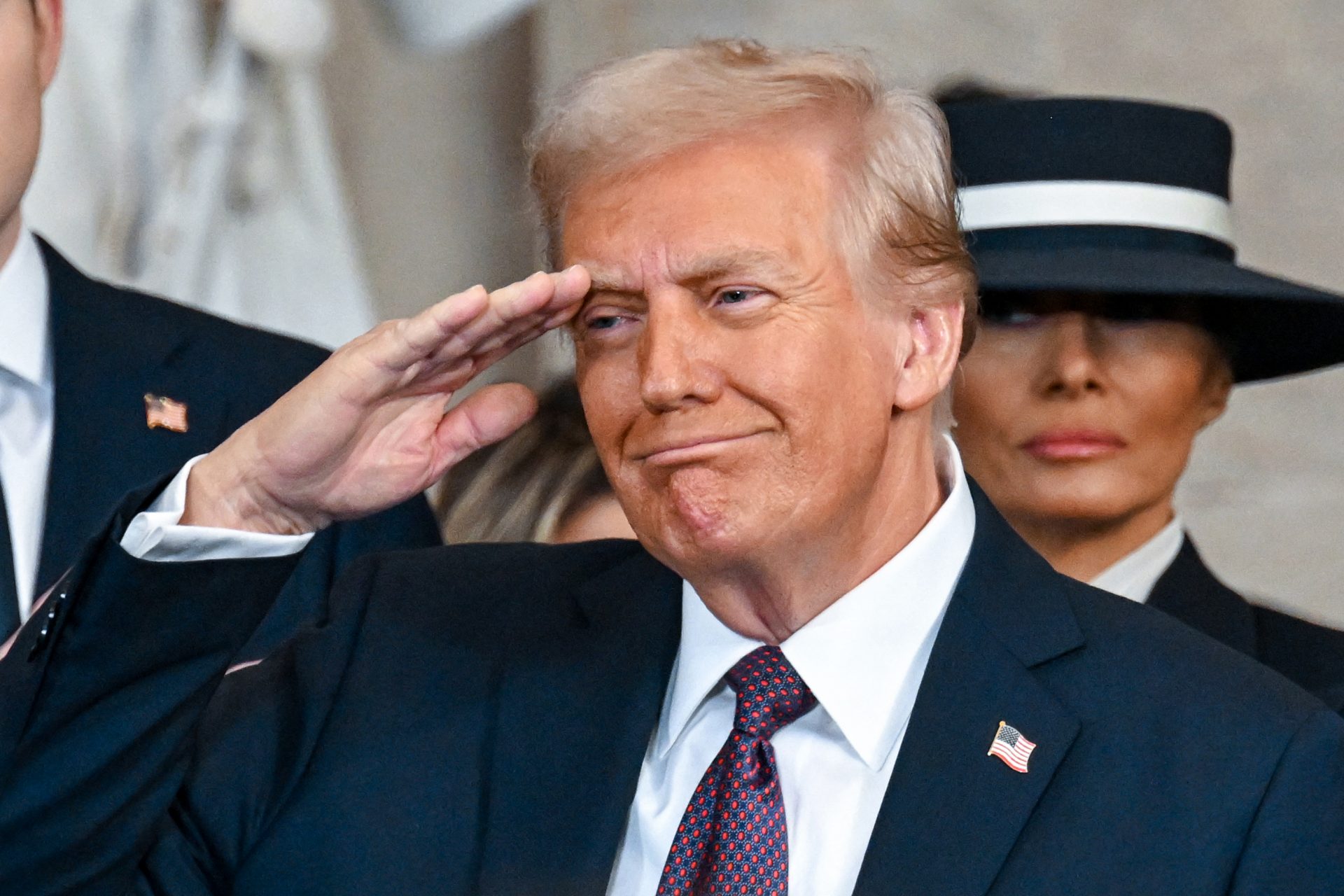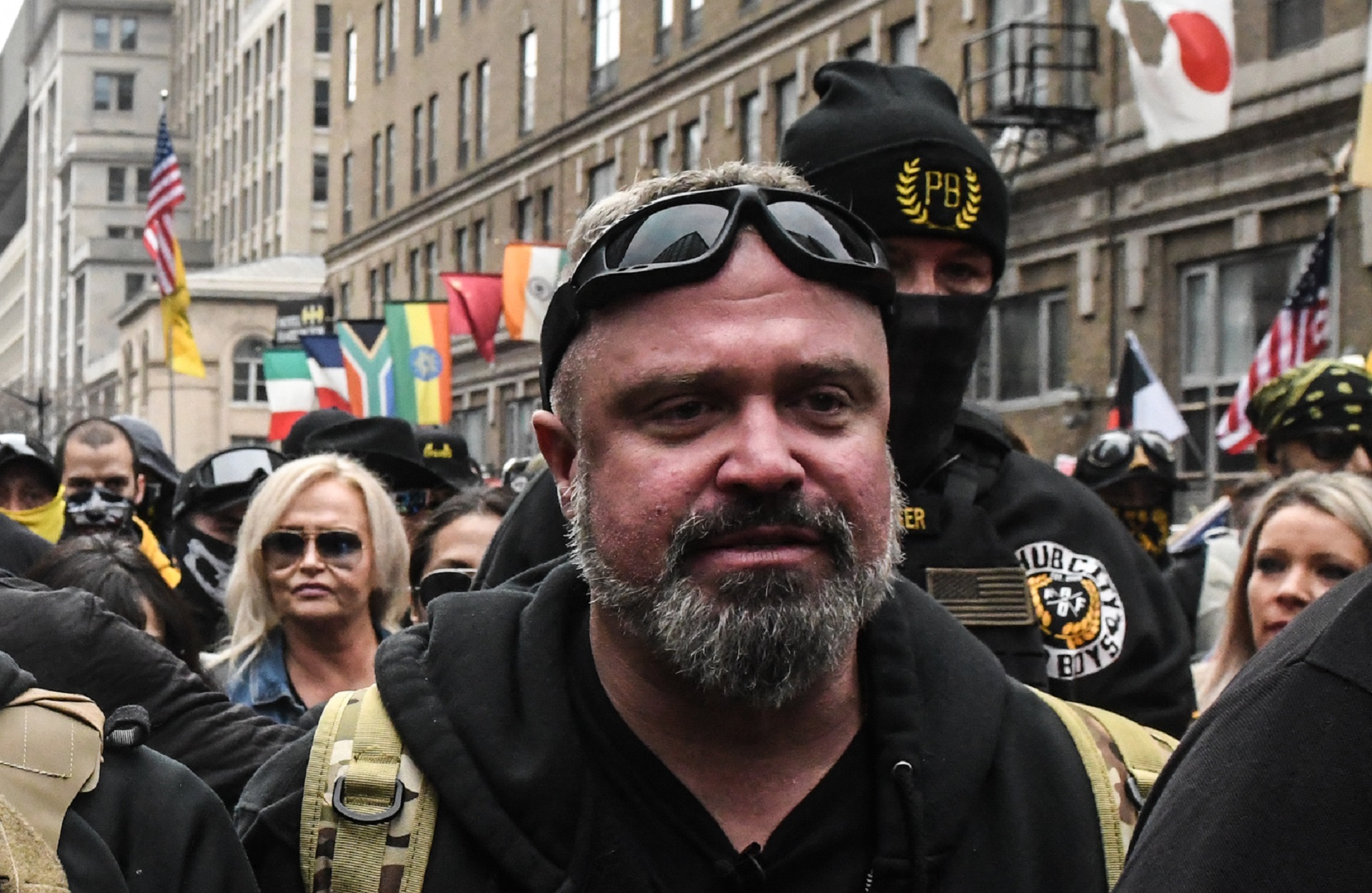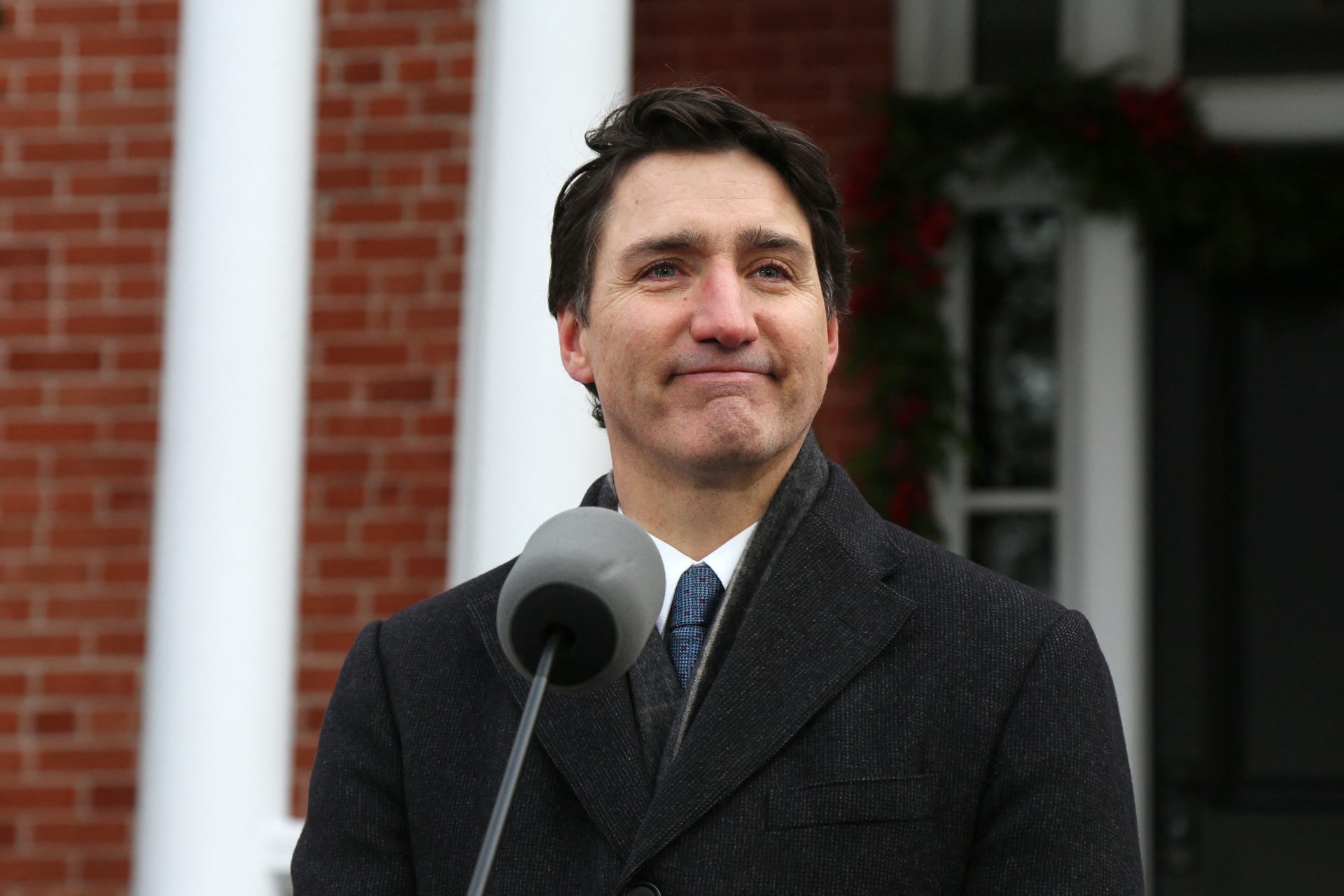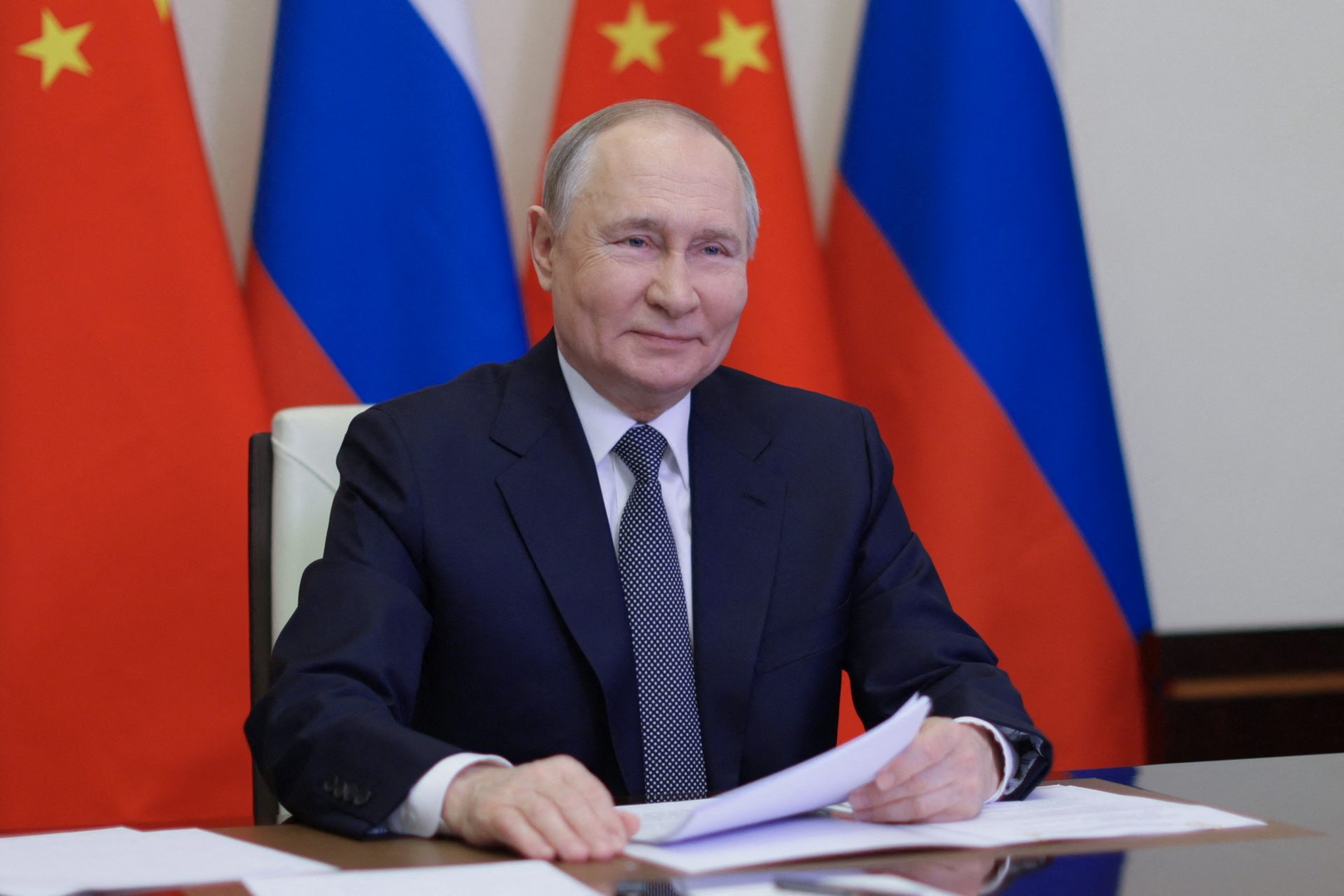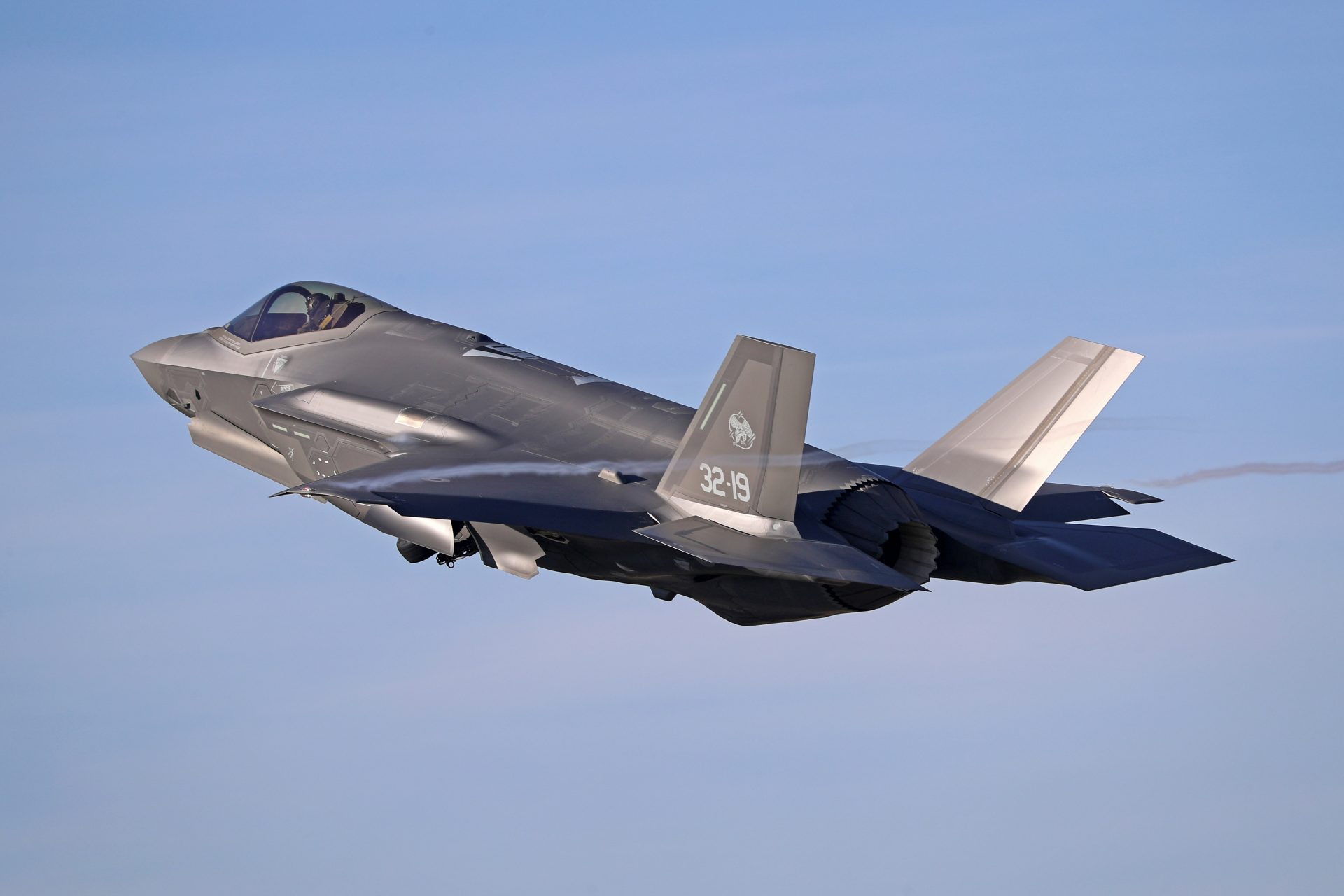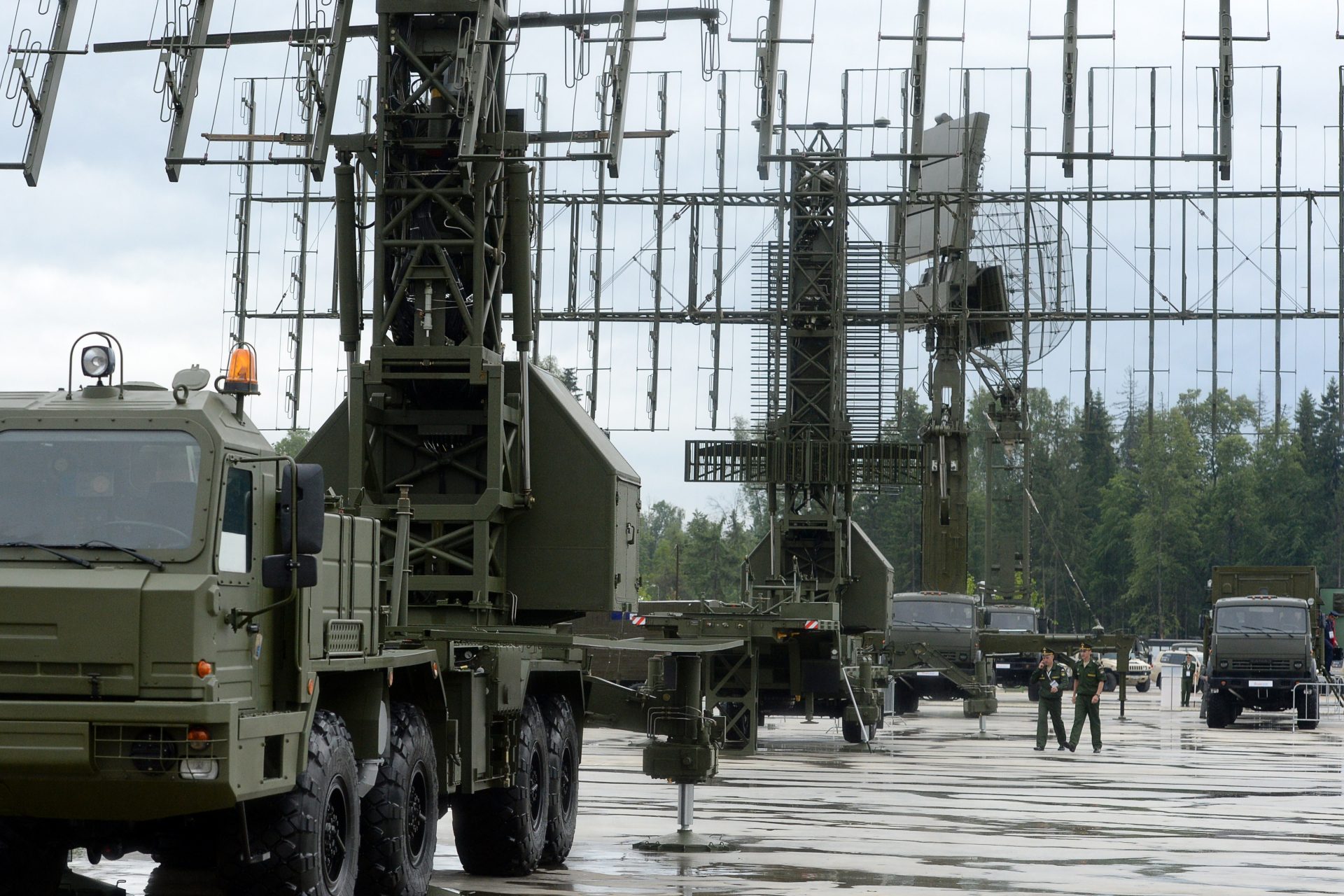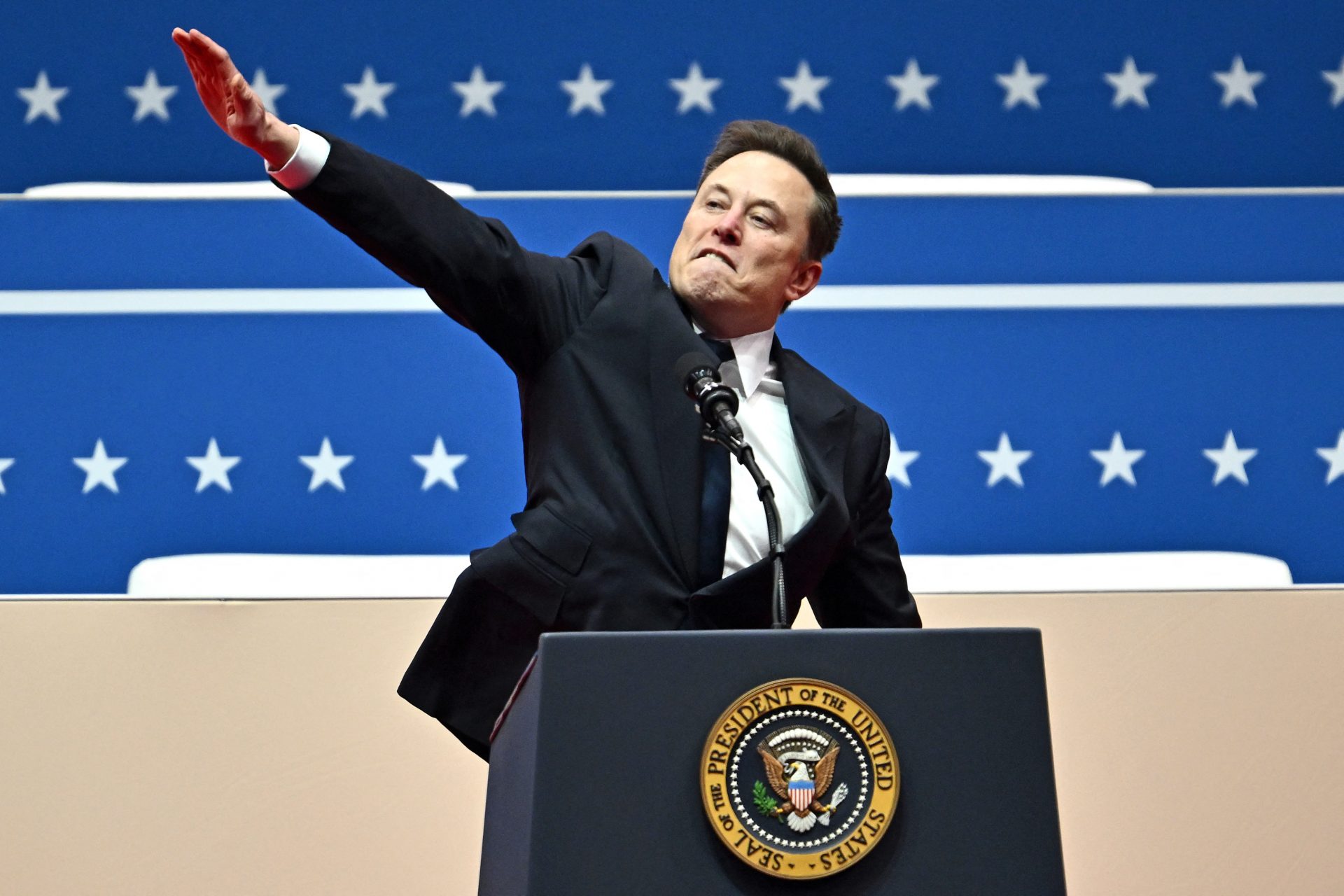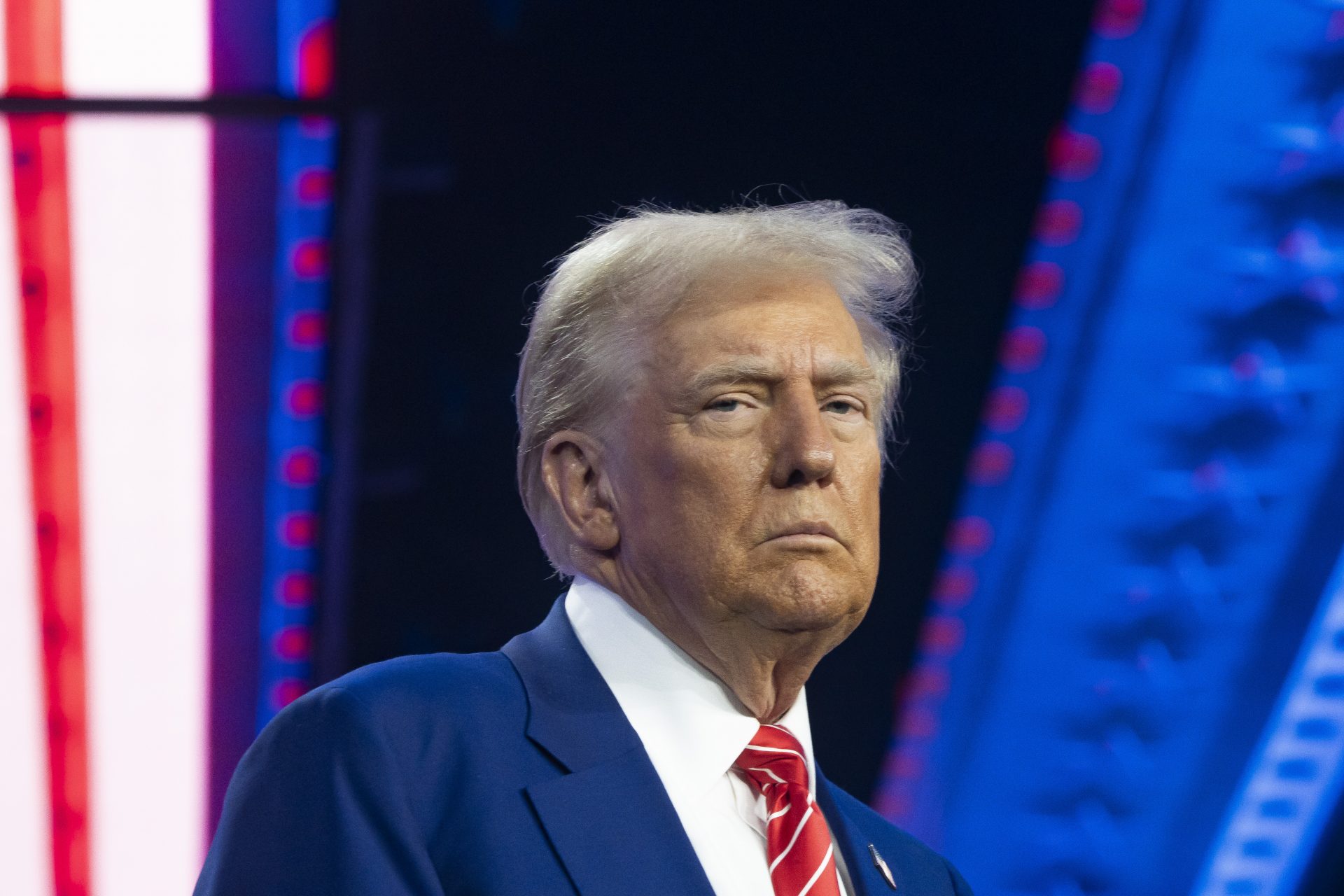Remember when Putin threatened to attack Argentina?
In June, Russian President Vladimir Putin issued an unexpected warning to Argentina. The situation began when Putin threatened to target British bases and military equipment after British Foreign Secretary David Cameron defended Ukraine's use of weapons against Russia within its borders.
Putin then warned that they had begun to prepare exercises with nuclear weapons in the face of “provocations and threats” from some Western leaders, such as the Frenchman Emmanuel Macron, who raised the possibility of deploying NATO troops in Ukraine. Now, however, it is Argentina's turn.
In fact, the Russian ambassador in Buenos Aires, Dmitry Feoktistov, has conveyed Putin's "deep disappointment" over the approach of the Argentine president, Javier Milei, to Ukraine, as reported by the Europa Press agency.
Putin's "disappointment" has arisen after learning of a possible shipment of weapons and military equipment from the Latin American country to Ukraine, through Germany.
"We have clearly and firmly communicated to Argentina that such actions will be considered hostile actions against Russia," Feoktistov said.
But the possible shipment of military material is not the only source of annoyance for the Kremlin, which has also criticized the presence of Luis Petri, the Argentine Defense Minister, in the Ramstein format, speaking of disappointment on the part of the Russian authorities.
The Ramstein format is the Contact Group for the Defense of Ukraine, which brings together more than 50 countries that have decided to support the defense of Ukraine by sending military equipment after Russia's invasion in 2022.
Last April, the minister also met with Mircea Geoana, deputy secretary general of NATO, to officially request Argentina's entry into the Atlantic alliance.
In this case, the Latin American country would not join as a member of NATO, because a southern country cannot formally join, but it could become a global partner. This entails the possibility of cooperating with member countries on issues such as intelligence and would give access to resources such as equipment and training, as explained by the newspaper El Confidencial.
This decision, contrary to the neutrality that Argentina has maintained in recent years, has also bothered the Kremlin.
Given these episodes, the Russian diplomat has recommended to the president not to interfere in the conflict and to resume the neutrality of the Latin American country, with the aim of "preserving the friendly nature of Russian-Argentine relations, which historically have been immune to political trends," as reported by Europa Press.
Furthermore, recently, during the Global Peace Summit in Switzerland, Milei spoke of the "close bond" with his "friend, President Zelensky", to whom he has expressed the "maximum support for Ukraine" on behalf of the Argentine people, according to the newspaper El Economista.
"We Argentines are fully aware of the value of peace and democratic coexistence as guiding axes of life in society," said the president. And he added that he rejects "any form of violence," especially war, which he considers "an illegitimate tool to resolve conflicts".
Although it is true that Argentina has always maintained a good relationship with Russia, since the electoral campaign Milei sent signals that this stage was going to end.
Milei, in fact, assured that he was not going to join the BRICS (association of emerging countries) as previously agreed with the Kremlin, and nor was he going to strengthen relations with Russia. The president stated that his main allies would be the United States and other Western powers.
On the day of the inauguration, only the ambassador in Buenos Aires, Dmitri Feoktístov, was present. The one who was there was Volodymyr Zelenski, completing his first trip to Latin America.
More for you
Top Stories



